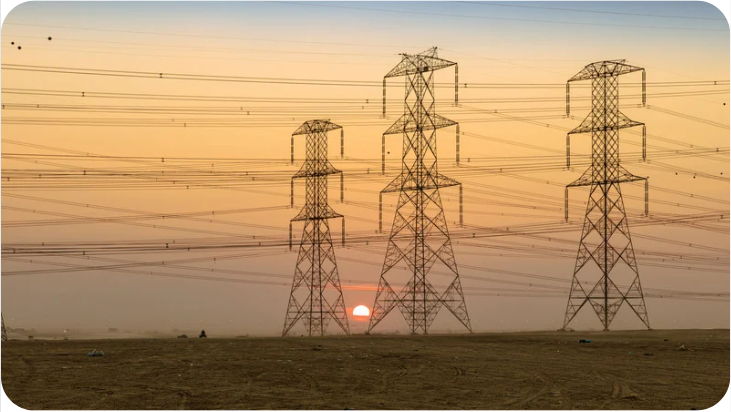


|
Project country: Colombia |
| Sector: Energy |
| Expert Partners: E Co. Ltd., Crown Agents, Imperial College London Consultants |
This skill-share helped design an energy auction to improve rural access to non-conventional renewable energy (NCRE).
Colombia has been working to bring energy to all corners of the country, but about 2 million people still do not have access to this basic public service. To close this gap, the Institute for Planning and Promotion of Energy Solutions for Non-Connected Zones (IPSE) is planning to carry out an energy auction aimed at expanding the energy service coverage in off-grid areas (ZNI). Skill-share experts provided IPSE with capacity building support on the design of the auction process for NRCE uptake, reviewing the social, technical and financial dimensions of the process and the NCRE solutions being auctioned.
Three key aspects were included:
Key Actions:

.png?width=315&name=energia-ipse%20(v2).png)



UK PACT (Partnering for Accelerated Climate Transitions) is a unique capacity-building programme. Jointly governed and funded by the UK Government’s Foreign, Commonwealth and Development Office (FCDO) and the Department for Energy Security and Net Zero (DESNZ) through the UK's International Climate Finance, it works in partnership with countries with high emissions reduction potential to support them to implement and increase their ambitions for tackling climate change.
© Copyright 2025 UK PACT Privacy Notice Cookie Policy